Baldur’s Gate 3 involves forming a party of adventurers, and some party builds are better than others. This is because Baldur’s Gate 3 uses the D&D 5E rules.
You can have four party members in Baldur’s Gate 3. With this framework, we’ll give you the best party builds and composition in BG3.
Related: Baldur’s Gate 2’s Slayer Form Makes Surprise Return in Baldur’s Gate 3
The Four Class Groups in D&D/Baldur’s Gate 3
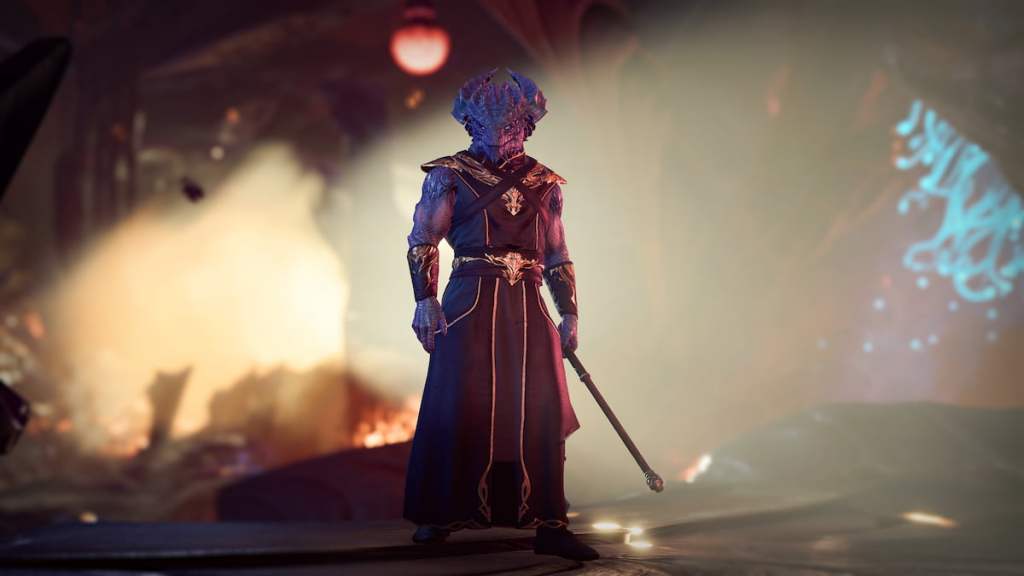
Baldur’s Gate 3 classes fall into four D&D 5E categories: Warrior, Expert, Mage, and Priest. Warriors are the tanks that fight enemies up close, and they tend to wear the best armor and have the highest hit points. Experts have lots of skills you use outside of combat, though they can still hit hard when pressed. Mages are arcane spellcasters who control the battlefield with magic that harms enemies or inflicts status effects. Priests are the healers and buffers of the group, though they have some specialist combat options available to them. These are how the classes in Baldur’s Gate 3 fit into the four groups:
- Warrior – Barbarian, Fighter, Monk, Paladin
- Expert – Bard, Ranger, Rogue
- Mage – Sorcerer, Warlock, Wizard
- Priest – Cleric, Druid
There is some bleedover between these groups, as Paladins are decent healers, Bards are primary spellcasters, and certain Warlock builds can turn them into melee fighters, but those are just extra benefits from the overall intention of the class.
Your Character’s Class is Vital for Determining Party Composition in Baldur’s Gate 3
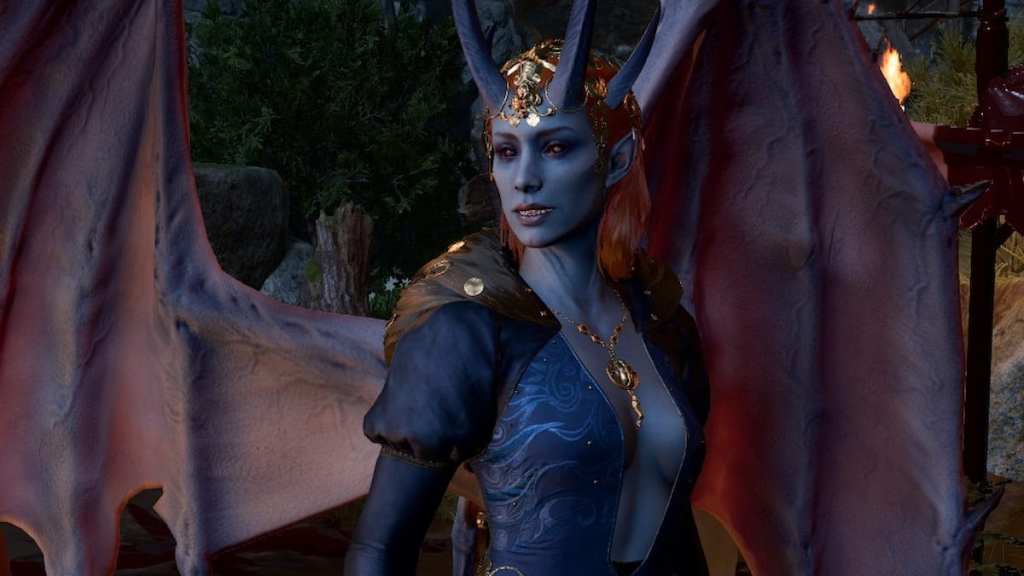
The class you choose for your main character will determine your best party build. The intention is for you to have one Warrior, one Expert, one Mage, and one Priest. This means you’ll always have a frontline fighter, someone sneaky to deal with traps/locks, a damage dealer, and a healer.
- If your character is a Barbarian, Fighter, Monk, or Paladin, pick a character from the Expert, Mage, and Priest list.
- If your character is a Bard, Ranger, or Rogue, pick a character from the Warrior, Mage, and Priest list.
- If your character is a Sorcerer, Warlock, or Wizard, pick a character from the Warrior, Expert, and Priest list.
- If your character is a Cleric or Druid, pick a character from the Warrior, Expert, and Mage list.
If you’re playing a multiplayer game with your friends, consider the roles above when forming your party and adjust accordingly. Being able to shape your group across multiple characters means you’ll likely have a stronger group than one created using party members.
Warrior Characters in Baldur’s Gate 3
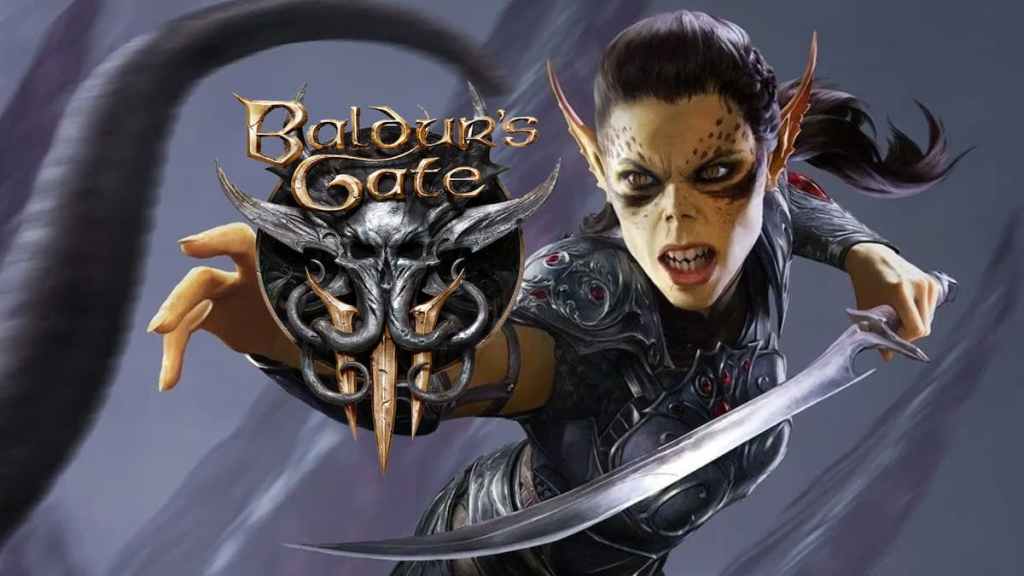
From the early hours of Baldur’s Gate 3, you’ll have access to Lae’zel, a githyanki Fighter with some extra psionic powers. Not long after, you’ll have a chance to hire Karlach, a tiefling Barbarian with a fiery temperament. Both characters have pros and cons:
- Lae’zel – She can wear better armor, can take multiple actions per turn at level 2 (via Action Surge), and her psionic jump makes her the best explorer during Act 1.
- Karlach – She can hit like a truck, has a sidequest where her abilities are improved over time, and has access to the Wild Magic Barbarian subclass, which is a ton of fun, especially for people who enjoy chaotic playthroughs.
When choosing between the two, the deciding factor should be defense vs offense. Lae’zel can get decked out in the best armor and use a shield, making her very hard to hit. Meanwhile, Karlach is easier to hit, but she has many hit points, can resist damage while raging, and deals lots of damage. If you have a defense-heavy healer, like Shadowheart, then go for Karlach, but if your party is squishy, choose Lae’zel.
It bears mentioning that Minthara (one of the three bosses of the goblin faction) is also a potential party member, as she’s a Paladin sworn to Lolth. It’s much more difficult to acquire Minthara than the other characters, as she’s tied to an evil route, but she’s a great replacement for Lae’Zel if you’re running the Dark Urge origin or plan to give in to the Mind Flayer parasite.
Best Warrior Stats
Here is the best stat distribution for warriors in BG3:
- Strength – 16
- Dexterity – 14
- Constitution – 16
- Wisdom – 10
- Intelligence – 8
- Charisma – 10
You Basically Need Astarion (Unless You’re Playing a Bard/Ranger/Rogue)
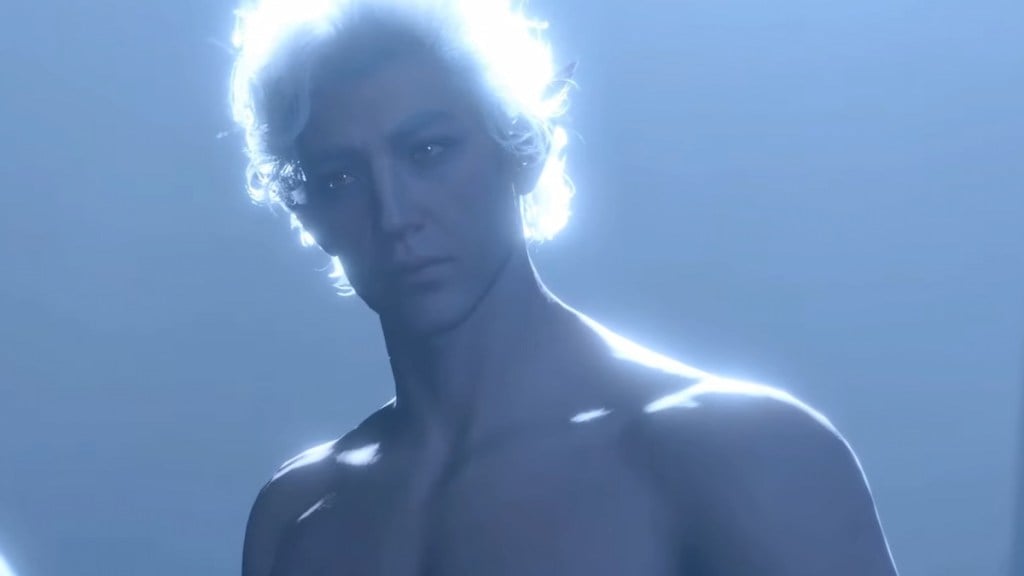
Much like Tomi Undergallows in Neverwinter Nights, if you’re not playing a Bard, Ranger, or Rogue, then you need Astarion in your party. This is because there are tons of locked doors and chests in Baldur’s Gate 3, as well as traps that need disarming and hidden secrets that need spotting. This is where Astarion shines, so put him in your group and never look back. Astarion’s Sneak Attack and Cunning Action also make him extremely useful on the battlefield.
Minsc from Baldur’s Gate 1 & 2 is available later on, but keep Astarion in your group until you meet him, as he’s pretty much vital to players who don’t take one of the Expert classes.
Mage Characters in Baldur’s Gate 3
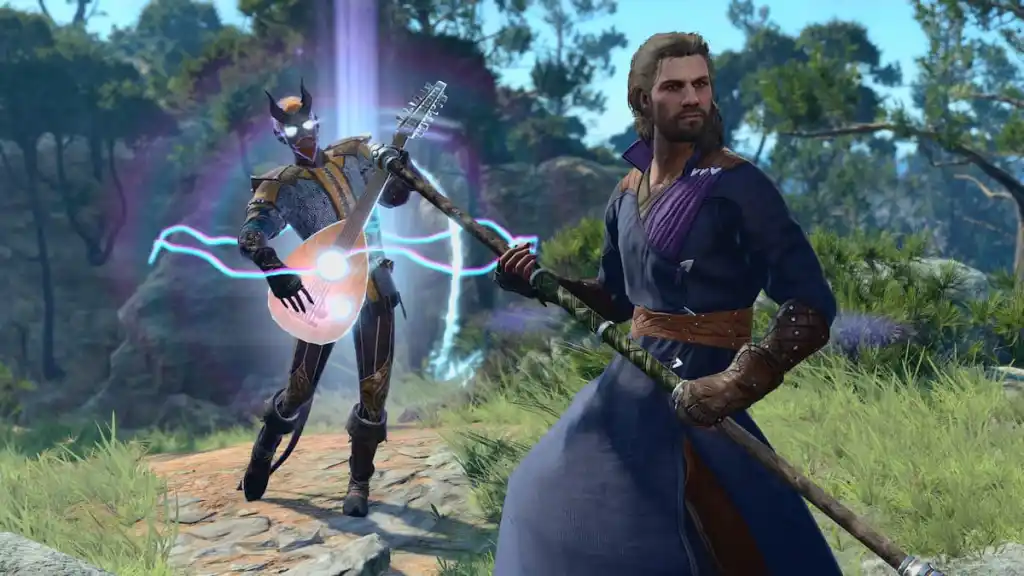
You’ll be given your first arcane caster early on in Baldur’s Gate 3, as you can unlock Gale when you reach the first Waypoint. Once you reach the Emerald Grove, you can unlock Wyll. The arcane spellcaster classes are popular with fans, so don’t feel bad about benching one of these guys if you don’t need them. They have strengths and weaknesses if you’re not playing an arcane caster.
- Gale – He has access to way more spells and spell slots than Wyll. You can choose his subclass, offering many customization options for his progression.
- Wyll – He can recover his spell slots when taking a Short Rest. You can turn him into a half-decent warrior with some tweaks (such as taking Pact of the Blade and giving him Medium Armor Proficiency with a Feat). His Patron being a part of the story leads to some interesting cutscenes.
Overall, Gale is the better choice due to the sheer number of spells he offers. Wyll’s warrior build shouldn’t be overlooked, especially if you’re playing a magic-using subclass like the Eldritch Knight or Arcane Trickster, but he’s not great as a primary caster. Baldur’s Gate 3 is too combat heavy, and its battlefields are too big for you not to have a primary arcane caster.
Best Wizard Stats in BG3
Here is the best stat distribution for wizards in BG3
- Strength – 8
- Dexterity – 13
- Constitution – 15
- Intelligence – 17
- Wisdom – 10
- Charisma – 12
Best Warlock Stats in BG3
Here is the best stat distribution for Warlocks in BG3
- Strength – 8
- Dexterity – 13
- Constitution – 16
- Wisdom – 10
- Intelligence – 10
- Charisma – 17
Priest Characters in Baldur’s Gate 3
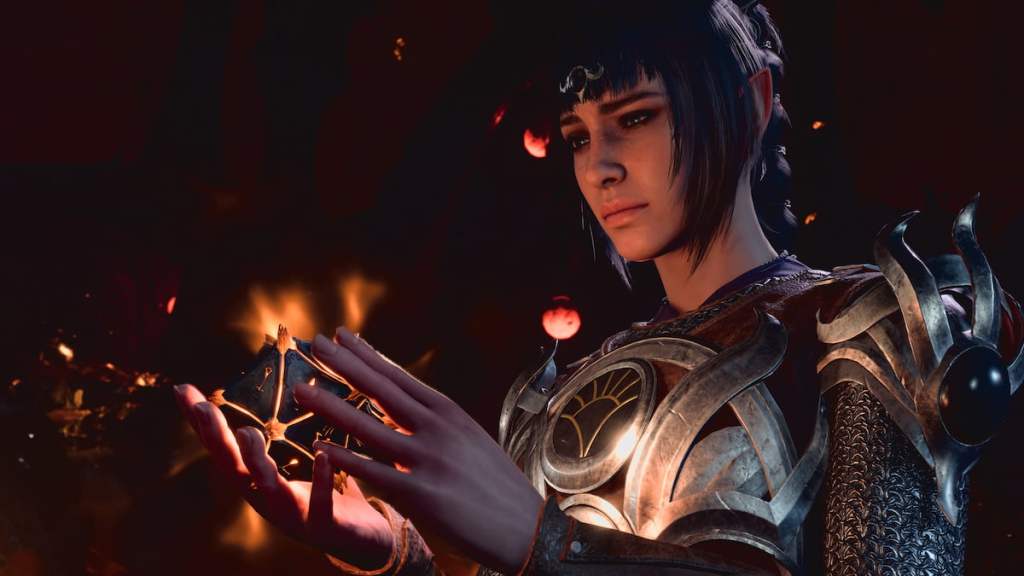
Baldur’s Gate 3 gives you a Cleric straight off the bat, as Shadowheart is available as soon as you finish the tutorial dungeon. You’ll unlock Halsin way later in the game, as you have to complete several quests in Act 1 before you can get him. This means that Shadowheart will likely be your healer throughout most of Act 1, though you don’t necessarily need to keep her, especially if you’re playing a Priest, as both she and Halsin have benefits:
- Shadowheart – You get her early on, and she comes with Cure Wounds and Healing Word, the two best healing spells throughout Act 1. You can deck her out in heavy armor, and she can deal decent damage in combat.
- Halsin – His Wild Shape gives him powerful forms that let him deal and absorb a lot of damage. Druids get lots of great exclusive spells to use in combat.
Honestly, both characters are a great choice, and the decision should be whether you prefer defensive or offensive options. Shadowheart can wear great armor, but she can’t do much damage, while Halsin can go on the front lines as a bear, but his Armor Class score is bad, especially when he uses Wild Shape. If healing is your main concern, then take Shadowheart, but if you have characters who can otherwise Heal (such as if you’re playing a Bard or a Paladin), then go for Halsin when you unlock him.
You will also unlock Jaheira from Baldur’s Gate 2 later in the game, but it depends on whether you want to switch out one of your familiar characters with her, as you will have used Shadowheart or Halsin in your group for a long time by this point. The retro Baldur’s Gate fans might just want Jaheira back because they loved her in the older games, which is totally understandable.
Best Cleric Stats in BG3
Here is the best stat distribution for Clerics in BG3.
- Strength – 10
- Dexterity – 14
- Constitution – 16
- Intelligence – 8
- Wisdom – 16
- Charisma – 10
Best Druid Stats in BG3
Here is the best stat distribution for Druids in BG3.
- Strength – 10
- Dexterity – 17
- Constitution – 12
- Intelligence – 10
- Wisdom – 16
- Charisma – 10
Baldur’s Gate 3: Suggested Party Builds

Unless you’re playing a Bard, Cleric, Druid, or Rogue, you will likely need Astarion and Shadowheart throughout Act 1. If not one, then both, as they’re just too useful to have around, Astarion for his trap/lock solutions and Shadowheart’s healing. Your choice of protagonist will determine your crew throughout Act 1 and Act 2.
- If The Protagonist Is A Barbarian/Fighter/Monk/Paladin – Pick Astarion, Shadowheart, and Gale.
- If The Protagonist Is A Bard/Ranger/Rogue – Take Shadowheart (replace with Halsin if you get him), Karlach, and Gale.
- If The Protagonist Is A Cleric/Druid – Pick Astarion, Lae’Zel, and Gale.
- If The Protagonist Is A Sorcerer/Warlock/Wizard – Take Astarion, Lae’Zel, and Shadowheart.
Related: Baldur’s Gate 3: What’s The Level Cap?
Ultimately, you can complete Baldur’s Gate 3 with any party build. This is because the game gives you many items that can help you in combat, such as gimmick arrows, grenades, potions, and spell scrolls. If you do go for a balanced mix of characters, then you’ll have a much easier time in combat and when exploring dungeons, but don’t let it define your choice. If you really want to keep certain party members around, then use them, as your enjoyment of the NPCs is more important than min-maxing your way through the game.
Baldur’s Gate 3 has a multitude of party compositions and builds you can experiment widely with. Check out our guide on all classes ranked based on skills and abilities here.

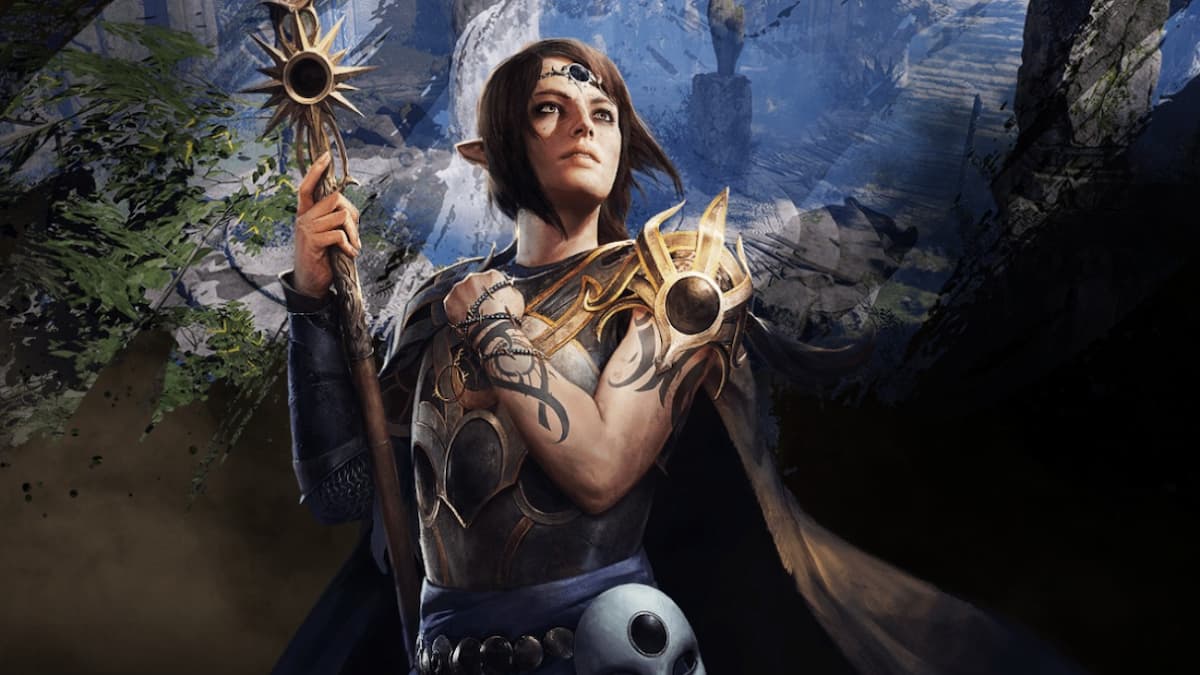
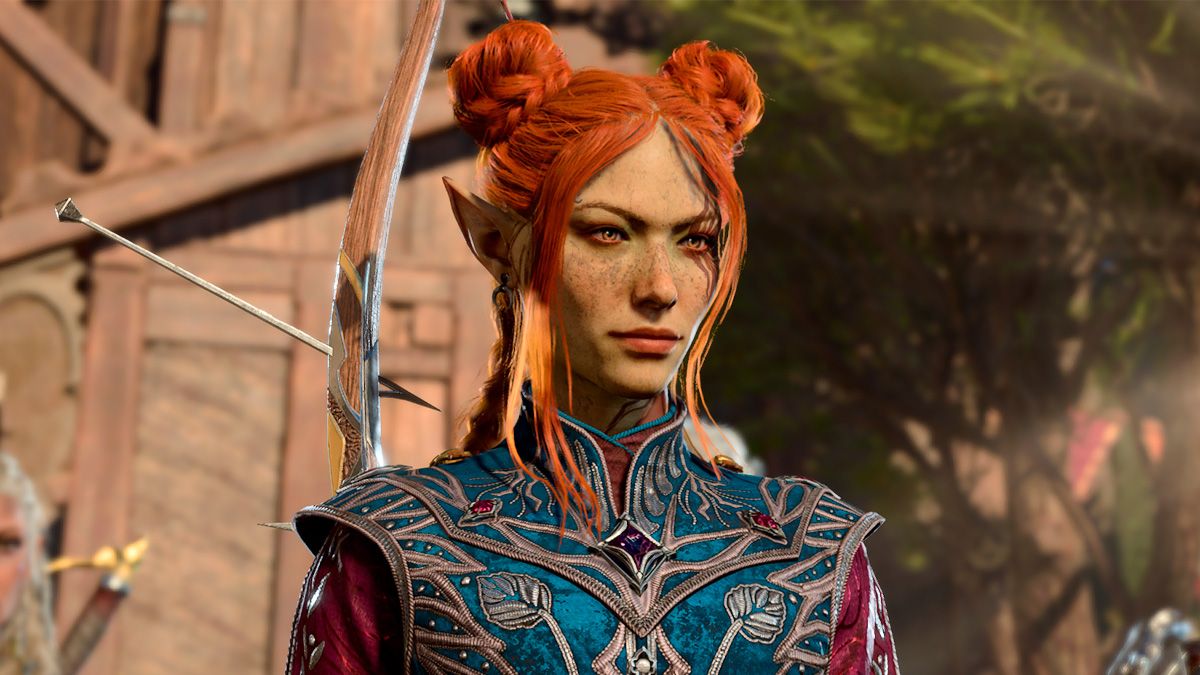
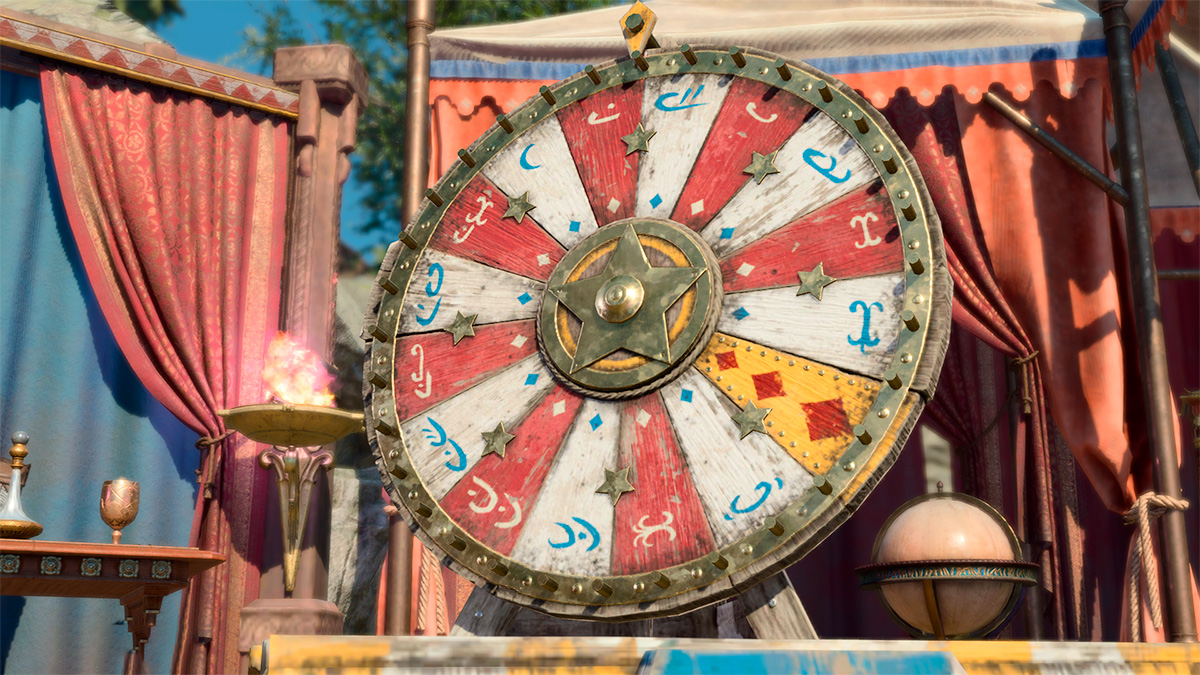
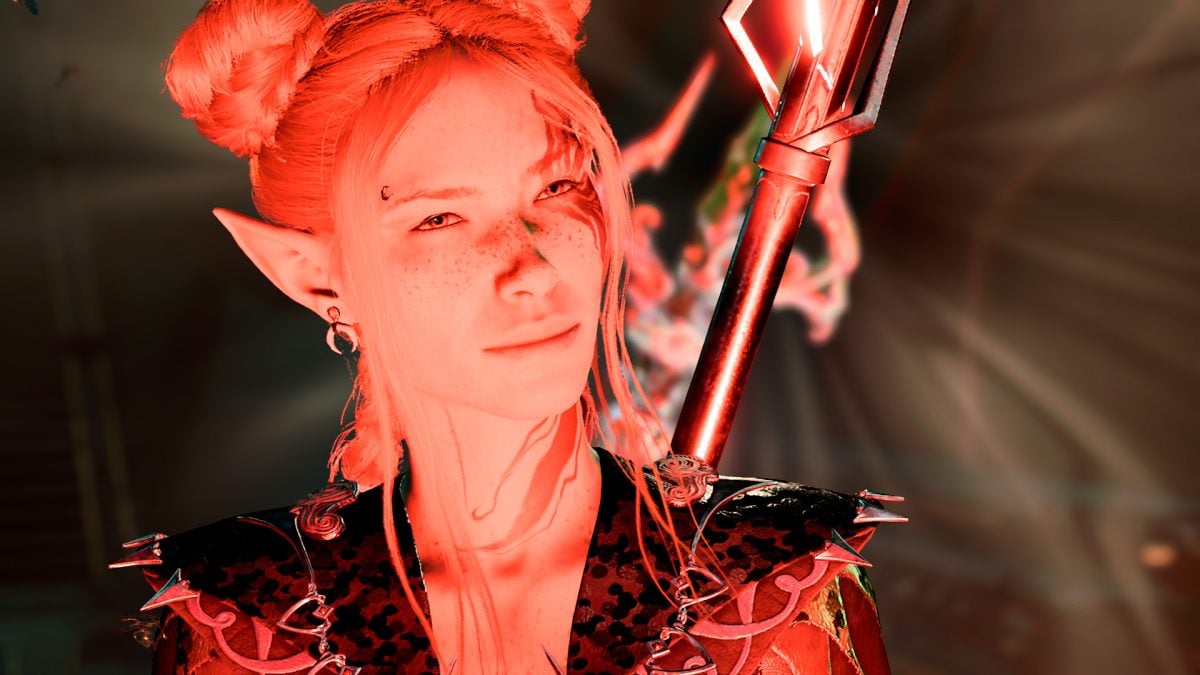
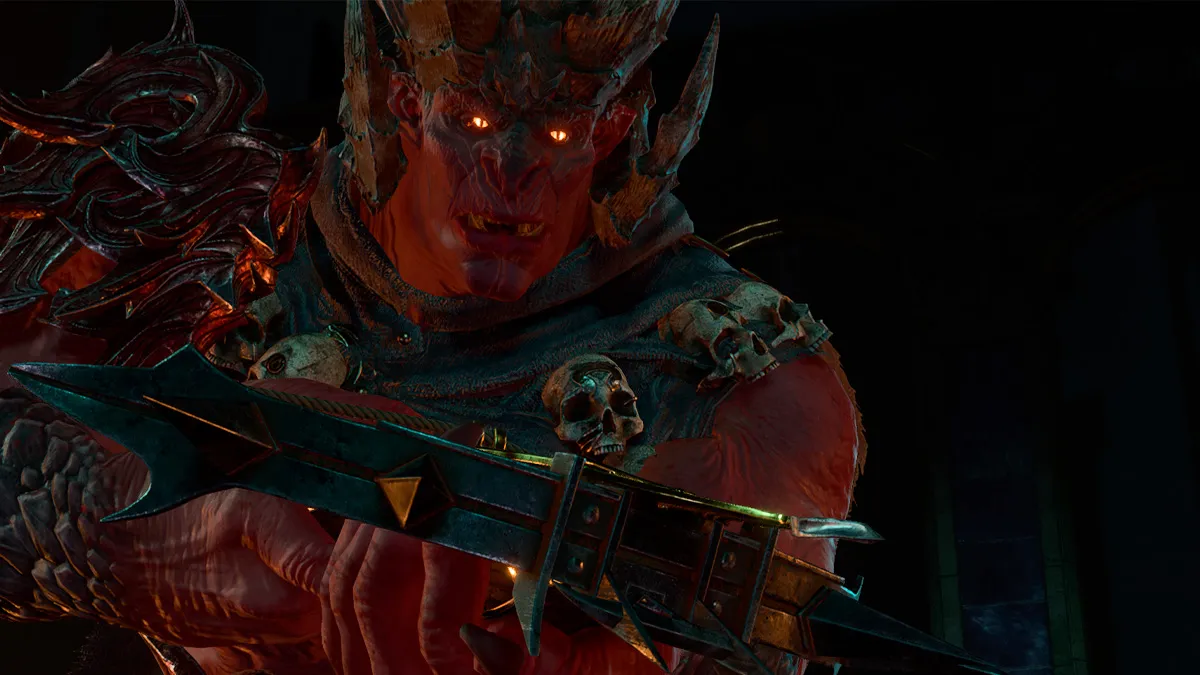
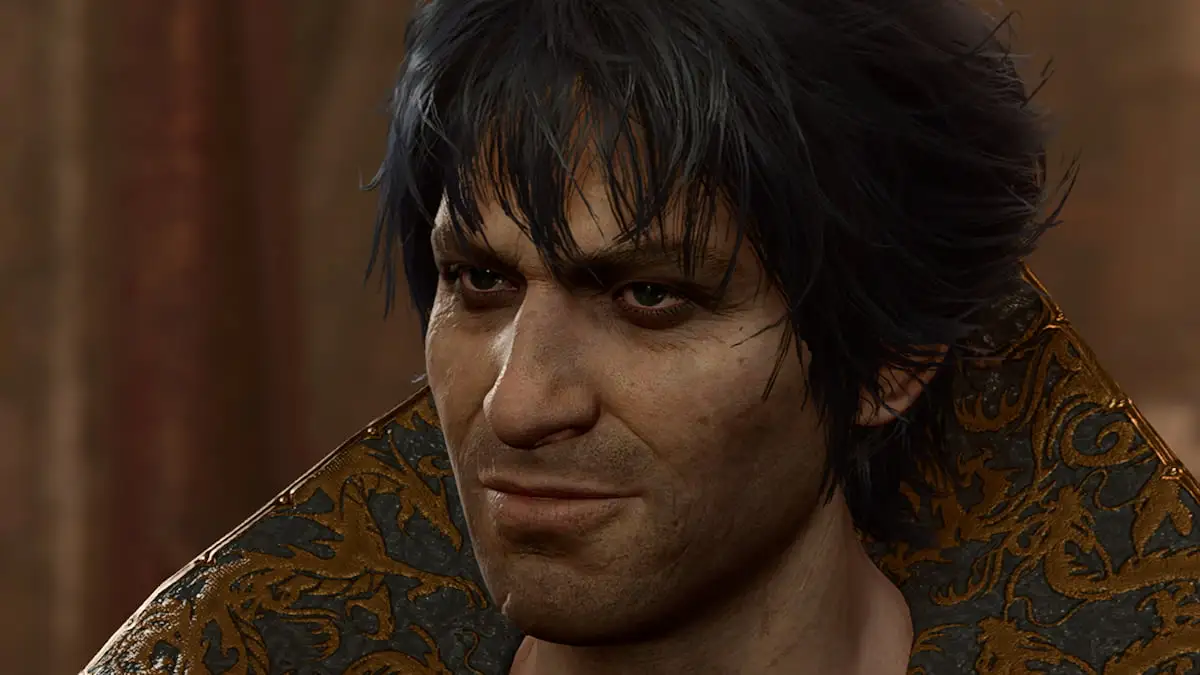
Published: Jan 17, 2024 03:45 pm